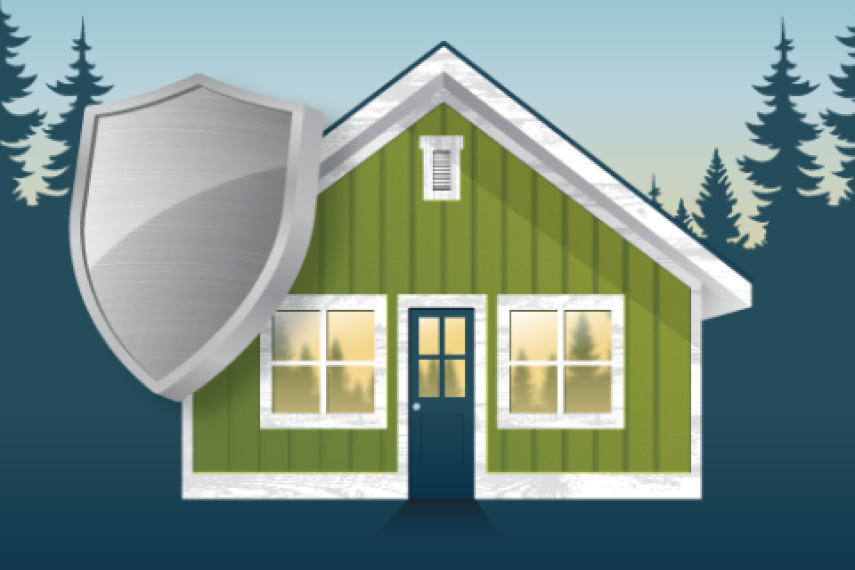
Buying homeowners insurance might seem tricky, but with the right information, you can make a smart, confident choice. Not all insurance policies are the same—what one company offers might be very different from another. That’s why it’s important to understand what you need and what each policy covers.
Many people focus only on getting the cheapest plan. While saving money is important, choosing a policy just because it costs less can lead to problems later, like not having enough coverage or facing high deductibles. The best plan is one that fits your budget and gives you the protection you need.
What Coverage Do You Really Need?
Here are the most important types of coverage that should be part of any good homeowners insurance policy:
- Dwelling coverage – Pays to repair or rebuild your home if it’s damaged by a covered event like fire or storms. It includes anything attached to the home, such as a garage or deck.
- Liability protection – Helps cover legal or medical costs if someone is hurt on your property or you damage someone else’s property.
- Loss of use – Covers temporary housing, meals and other extra expenses if your home becomes unlivable due to a covered event.
- Medical payments – Pays for small medical bills if a guest is injured on your property, even if no lawsuit is filed.
- Other structures coverage – Protects buildings not attached to your home, like sheds, fences or detached garages.
- Personal property coverage – Helps replace your belongings, such as furniture, electronics or clothes, if they’re damaged or stolen.
Extra Protection to Consider
Some situations call for extra coverage:
- Flood insurance – Standard policies don’t cover flooding. If your home is in a flood zone, your mortgage lender may require a separate flood policy.
- High-value items – Expensive belongings like jewelry, art, collectibles or high-end electronics may need added coverage, known as endorsements, to be fully protected.
- Umbrella insurance – Offers extra liability coverage if a legal claim goes beyond your standard policy limits. This can be especially helpful in today’s lawsuit-prone society.
What Isn’t Covered?
Most policies have exclusions. These usually include:
- Flood and earthquake damage (unless added separately)
- Mold, termites or issues caused by poor maintenance
- War or nuclear accidents
- Certain dog breeds or pet-related damage
Always check your policy to see what’s excluded, and ask your agent if you need to add coverage for risks common in your area.
How Deductibles Work
Your deductible is the amount you pay out of pocket before your insurance kicks in. Choosing a higher deductible usually lowers your monthly premium, but it also means you’ll pay more if something happens.
Pick a deductible you can afford to pay in an emergency. A lower premium may seem like a good deal until you face a repair bill you can’t cover.
What Affects Your Insurance Costs?
Insurance companies look at many factors when deciding your rate, including:
- Age and condition of your home
- Type and amount of coverage
- Your credit score
- Your deductible amount
- Claims history
- Construction type (for example, brick may lower fire risk)
- Location (crime rate, weather risks, distance to a fire station)
- Risk features like pools, trampolines or certain dog breeds
Final Thoughts
Finding the right homeowners insurance doesn’t have to be stressful. Take your time, think about what protection you need and work with a trusted insurance agent who can help you compare your options. A good policy should fit your budget and give you peace of mind knowing your home and belongings are covered.
